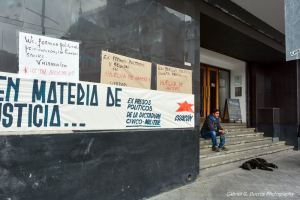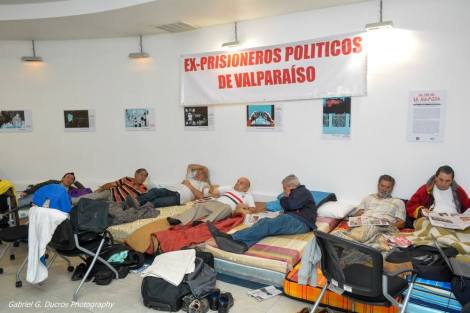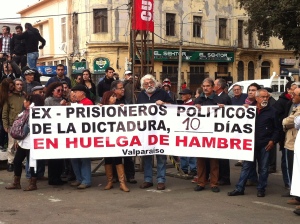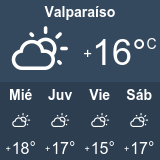Última Entrada.
Dictatorship-era political prisoners on indefinite hunger strike throughout Chile
Strikers accuse government of ignoring their demands and attempting to divide their movement.

Some 100 Chileans who were held prisoner during Augusto Pinochet’s military regime have started a hunger strike demanding better pensions and compensation for the imprisonment and torture they suffered.
The strike, which began April 13 in the city of Rancagua, has since expanded to Santiago, Valparaíso, Arica, San Felipe, Los Andes, Rengo, Curicó, Linares, Tomé, Concepción, Osorno, Puerto Montt, Castro, and Punta Arenas.
Several strikers, most of whom are between 65 and 75 years of age, are suffering dehydration, cardiac arrhythmia and low blood pressure. Three of the eight protesters in Valparaíso, who began their hunger strike April 22, in a desperate attempt to call attention to their plight, started a dry hunger strike April 29 refusing both food and water. All three have since had to abandon this course of action after doctors ordered their hospitalization for fear of a fatal outcome.
Among the strikers’ demands is an increase in their pensions from US$243 to $616 received as dictatorship-era political prisoners and victims of torture recognized in the Valech Commission report. The commission, created by former President Ricardo Lagos (2000-2006), was mandated to document abuses of civil rights or politically motivated torture that took place between September 11, 1973 and March 10, 1990 by agents of the State and people in their service, as well as to identify the victims and propose measures of reparation. This pension raise would put theirs in line with those received by the relatives of the disappeared and executed during the dictatorship documented by the Truth and Reconciliation Commission, set up by former President Patricio Aylwin (1990-1994), in what is known as the Rettig Report.
The strikers are also demanding the recovery of buildings used as detention centers following the coup that overthrew Socialist President Salvador Allende in 1973 and their conversion to “centers of memory”, and the creation of a State-run body to continue investigating and formally identifying cases of imprisonment and torture during the 1973-1990 military regime. During Pinochet’s dictatorship, almost 40,000 people were incarcerated, 3,200 were killed and 36,000 tortured, according to official figures.
In a statement issued May 1, the National Secretariat of Former Political Prisoners harshly criticized what they consider have been efforts by the Chilean government to divide their movement. Undersecretary of Interior Mahmud Aleuy met earlier this week with a group of former prisoners who strike organizers say do not belong to their association. Aleuy has scheduled a second meeting with this group for May 7.


